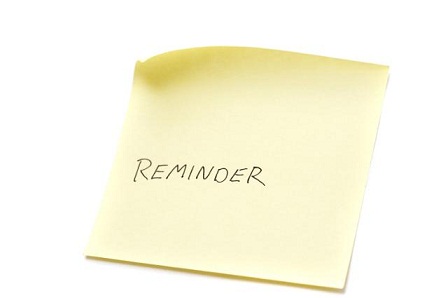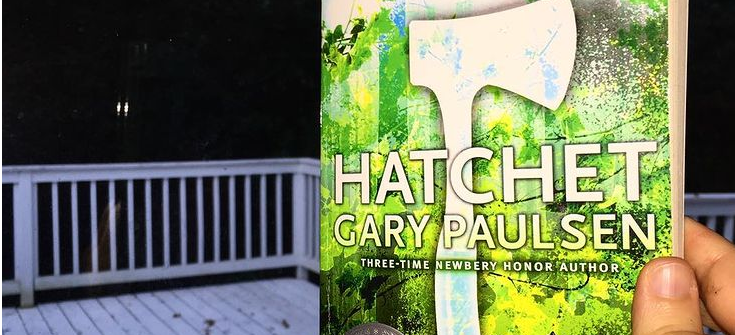
Ever have the most brilliant writing idea ever, and can’t seem to ever get it done?
Well, if you’re experiencing that now, maybe you should go get writing. But, if you want to stick around and read a little while you’re stalling, here are a few tips to remember to getting your writing done.
1) No distractions
- This means, shut off the internet if you have to. In extreme cases, put a child protection security lock on yourself to force extra steps and make you think twice about rechecking your Facebook.
- Find a quiet place, away from noise. If you have to, get some sound canceling headphones and play quiet music, without lyrics. Lyrics in music could distract you, or even lead you to singing along with it.
- Feed your pets, your kids, and yourself, so that no one’s stomach is growling and pestering you.
- Leave the house if your place isn’t quiet enough, or write outside or on the patio.
- Being uncomfortable can also be distracting. Have a comfortable chair, headphones, and if you’re like me, glasses to prevent eyestrain.
2) Make a schedule
- If you are having a hard time staying organized, perhaps writing a schedule would help. This also includes scheduling in days off. Days off are just as important as the writing itself. If you overwork yourself, your writing could end up reflecting that. Take a break. Schedule days to work, and days to play. Then stick to it.
3) Write something else during writer’s block
- If you are working on a single project for a while, and find yourself at a writer’s block, move on for a while. If you’re working on a novel, write a separate unrelated essay or short story. If are into article writing, and come to a road block, find a new topic. The point in all this is that you keep writing, even during writer’s block. This will help your writing only improve since not only are you still practicing and getting better, but perhaps learning a thing or two during your side projects.
4) Stop reading about writing, and just write
- Reading articles like this is fine, or even books, but eventually you need to stop. If all you do is read about how to write, then you’re not actually writing.
Just as the headline says, stop reading about writing. Just write.
5) Write about things that excite you
- Don’t spend time writing about something you hate, just because other people might like it. If you aren’t into the project, or your book is getting dull, change it. Write what excites you first and foremost. If you’re excited about it, others around you will be that more into it.
6) Talk about your book to someone close to you
- Sometimes talking about it out loud with someone will help you understand your story and characters more. Of course, talk to those you trust won’t steal your idea like a parent, spouse, or long term best friend.
- Talking about your book will only add fuel to your fire. I know from experience sometimes I’ll talk about my characters (as if they’re real people), and as a result get so excited I have to go write, right now.

7) Set goals, and write THOSE down
- It’s been proven that those that write their goals down have a higher chance at completing them. Put up an inspiration or goal board. Cut out photos or put up notes for yourself like, “Complete draft 1 by Christmas” or “Complete 2 books by the time I’m 45.”
- Even if you don’t fulfill your goal exactly how you want them, it helps. Setting yourself short term goals, are just as important as the big ones. Tell yourself to write at least 3,000 words a week, or whatever it may be, and then write that down.
8) Make the time, even if it’s 15 minutes
- It doesn’t matter if all you can get out is 400 words a day, and have 30 minutes before work. If you tell yourself that, “I only have 30 minutes so what’s the point,” you will never finish your writing projects.
- Write even if all you have is 15 minutes every other day, or 3 hours a day. A year later you’ll look back and see how much you actually got done, and will be very thankful you did.
It all adds up.
400 words a day is 2,800 a week
2,800 a week is 11,200 a month.
11,200 a month is 134,400 words a year.
That’s almost enough for two full books!
So even if it seems small, in the grand scheme of things even working bit by bit is enough to get your projects done.
So what are you waiting for?
Write.
If you don’t know what to write about today, find anything. It doesn’t have to be your usual topic of choice. The point is, you’re writing. And by doing that, you’ll only get better.
What tips would you give fellow writers?
Image credit: FreeImages UK






Leave a Reply